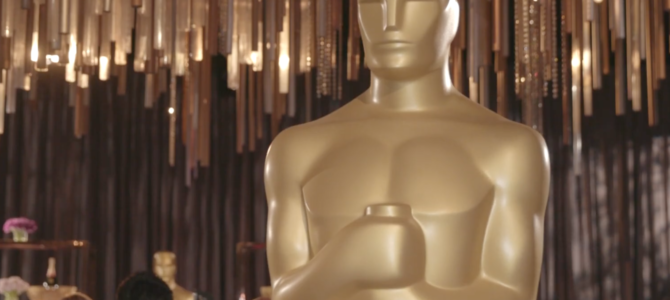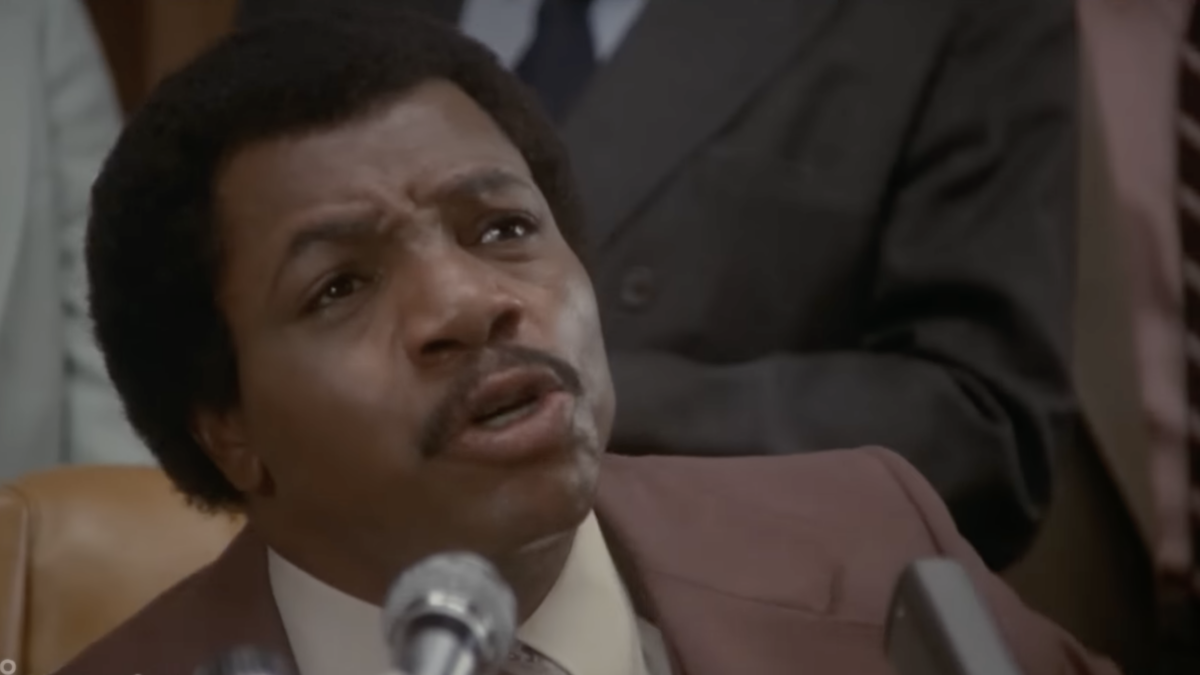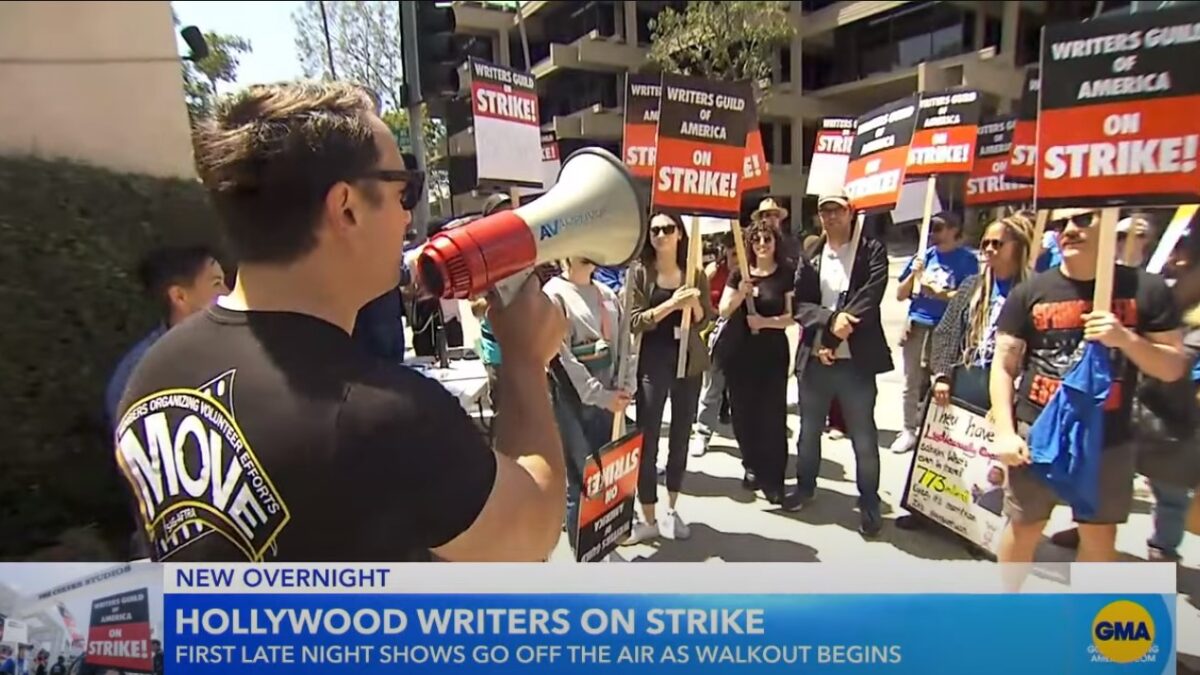
Hollywood has acclimated to the Trump era by gradually toning down the explicit awards-show call-outs that winners and presenters leaned heavily into at first. By 2019, for instance, there were zero direct mentions of Donald Trump at either the Golden Globes or the Oscars.
That doesn’t mean he’s ignored. If the 2019 awards season and the 2020 Golden Globes are any indication, celebrities will use their time at the microphone this Sunday to wax sanctimonious about Hollywood’s preferred causes such as climate change and feminism, contextualized in more subtle (but not that much more subtle) terms about the alleged dangers of the time.
But this is the first presidential election-year Oscars since 2016, when Trump was merely the Republican front-runner, and a Clinton presidency seemed all but guaranteed to industry insiders. It’s been a long four years for Hollywood, which has reeled from the shock of Clinton’s loss, experienced intensifying disruption from streaming, and been uprooted by the Me Too movement.
Back in 2016, Chris Rock helmed a show marred by the #OscarsSoWhite controversy. Andy Serkis called Trump a “threatening monster.” Joe Biden showed up to speak out against sexual assault and introduce a performance by Lady Gaga, receiving a standing ovation for his appearance. Louis C.K. presented an award.
Months into a presidency Hollywood hadn’t expected the year before, Trump loomed much larger over the Oscars and the Globes in 2017. The fever had mostly broken by 2018, with the ceremonies taking place in the early, frenzied months of Me Too.
On Sunday, the show will go host-less for the second straight year, eliminating any potential for the gentle political stylings of some former hosts or the Gervaisian flair viewers were treated to at the Golden Globes.
In some ways, Hollywood seems to have gotten smarter about its political behavior at awards shows, learning, perhaps, from the memorable backlash against Meryl Streep’s impossibly tone-deaf broadside against football and mixed martial arts at the Globes back in 2017. But not by much. Leaving Trump’s name unspoken (an effort I imagine much of the industry gradually decided was the right course of action) isn’t as obviously offensive to viewers and deprives him of easy opportunities to punch back, sure. But recall the Golden Globes, during which celebrities still fell for the trap Gervais laid, making some dramatic political statements despite his decision to frame the entire show with an indictment of their hypocrisy.
The question for Sunday will be whether the urgency of an election year will make it irresistible for celebrities to return to a more explicit style of opposition to Trump. This may seem like an insignificant question, but the president is an extremely savvy culture warrior, and Hollywood is still struggling to cope. The industry is ill-equipped to defend itself in the era of Trumpian (and Sanders-style) populism — and one of the year’s most high-profile celebrity gatherings, just as voters start deciding primaries, could be a powder keg.
Culture clashes matter — that’s especially true because there’s little appetite for Hollywood’s moral posturing these days, and because Trump is strategic enough to draw those battles out. If Sunday’s affair is an exercise in outright Trump bashing, it will help nobody but Republicans, despite the inevitable plaudits and amplification our brave celebrity class will earn from the corporate media.









